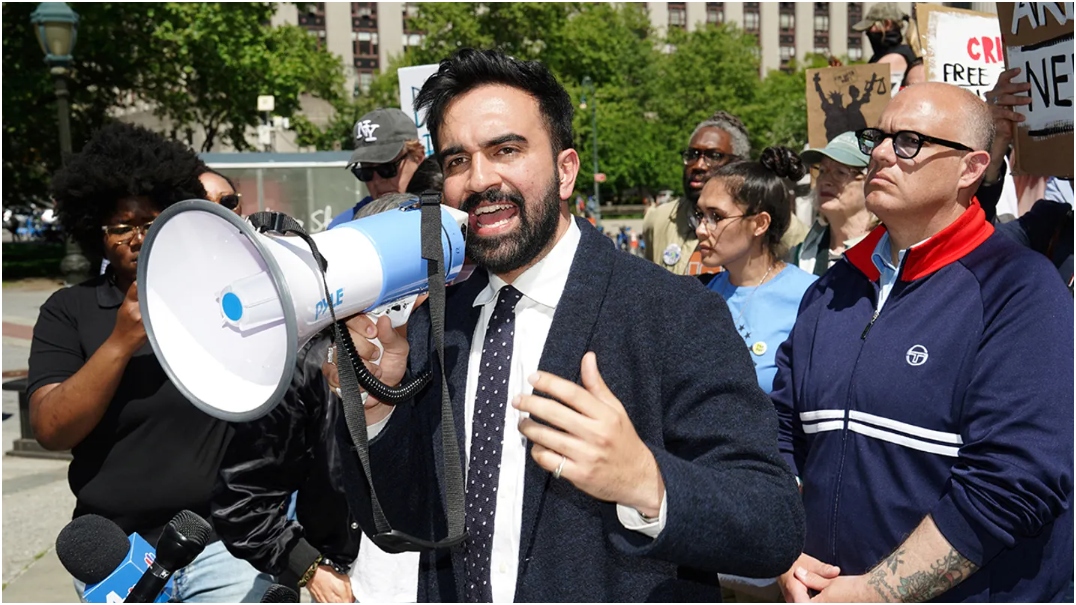Trump Administration Secures Pledge From Major Health Insurers to Cut Prior Authorization Delays
Charlie Kirk Staff
06/23/2025

A large group of U.S. health insurance providers representing approximately three-quarters of the insured population has signed a set of voluntary commitments to reduce delays caused by prior-authorization procedures, federal health officials announced Monday.
At a press conference, Centers for Medicare and Medicaid Services Director Dr. Mehmet Oz and Health and Human Services Secretary Robert F. Kennedy Jr. outlined the pledge, which aims to ease administrative burdens and speed up patient access to care. The commitments, though not legally binding, are seen as a significant step toward streamlining the way insurers approve medical services.
“The pledge is not a mandate. It’s not a bill, a rule. This is not legislated. This is a opportunity for industry to show itself,” Oz said. “But by the fact that three-quarters of the patients in the country are already covered by participants in this pledge, it’s a good start and the response has been overwhelming.”
Among the companies signing the pledge are major insurers such as United Healthcare, Cigna, Humana, Blue Cross & Blue Shield, and Aetna. These companies have agreed to adopt a standardized electronic system for prior-authorization requests by January 1, 2027. Additionally, they have pledged to reduce the number of treatments requiring prior-authorization and to allow for smoother care transitions between plans.
As of January 1, 2026, participating insurers will be required to honor a patient’s existing prior-authorization approval for up to 90 days if the patient changes health plans mid-treatment.
Prior-authorization procedures require medical providers to obtain approval from insurers before administering specific treatments. The process, intended to prevent unnecessary or ineffective care, has long faced criticism for delaying access to needed services.
Oz highlighted the burden the system places on medical professionals. “It frustrates doctors. It sometimes results in care that is significantly delayed. It erodes public trust in the healthcare system. It’s something we can’t tolerate,” he said.
According to Oz, physicians currently spend about 12 hours a week on prior-authorization paperwork and deal with roughly 40 such requests weekly.
Although these insurer-led changes could cut into profits by increasing patient access to care, federal officials say the goal is to make health care more responsive and efficient.


 Member
Member





















